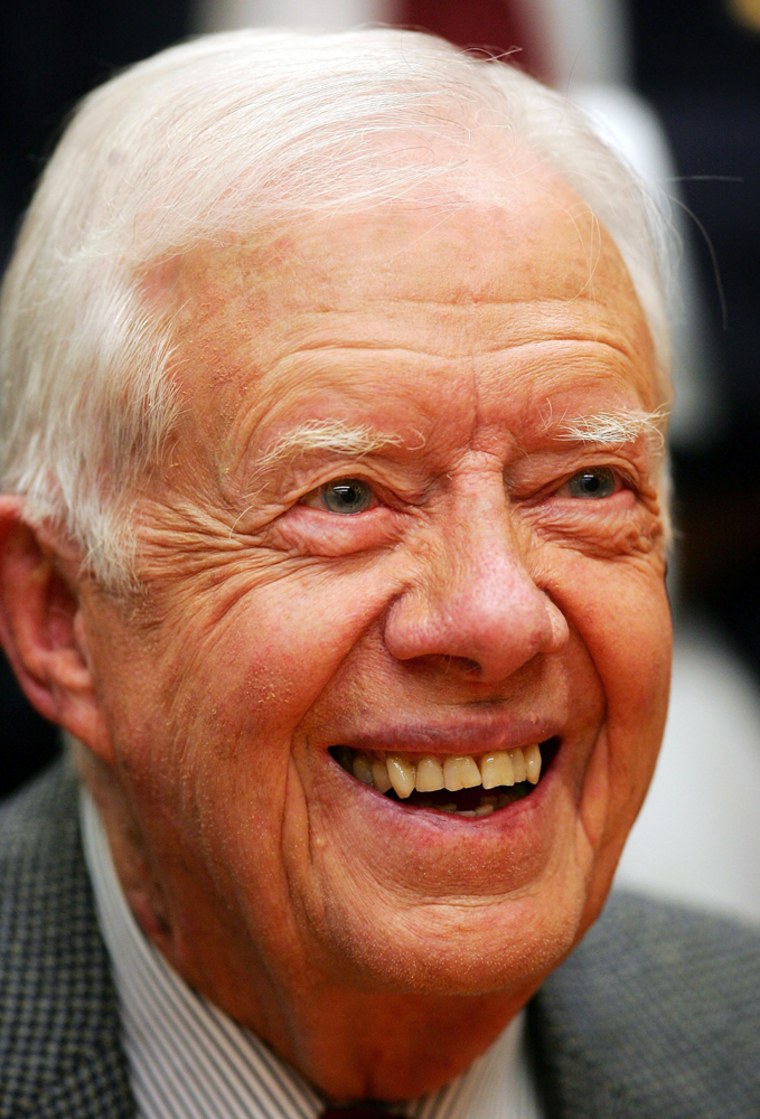Having been educated in naval and nuclear engineering, I have a great interest in the role of our profession in helping to meet the challenges and opportunities of the future.
The safe and efficient use of nuclear energy for peaceful purposes will inevitably be an important challenge for engineers, as will the development of renewable forms of energy. As a farmer and woodsman, I have a personal interest in the production of ethanol and biodiesel fuels to replace the limited supplies of oil. Although it is unlikely that there will ever be enough food grains and sugarcane to meet these needs, cellulose from trees can make this contribution and also help resolve the overall problem of global warming. There will be numerous suggestions like these within the National Science Foundation to improve the quality of life in the more affluent industrialized nations, so I would like to emphasize another, even greater need.
At the turn of this century, I was asked to deliver lectures, in Asia and Europe, on "The greatest challenge the world faces in the new millennium." My easy choice was that the greatest challenge is the growing chasm between the rich and poor, not only between nations but within them. We are approaching a hundredfold ratio between personal income within the 10 richest and poorest countries, and we become increasingly separated, aloof, and unaware of one another as our quality of life diverges.
The Carter Center has programs in 65 of the poorest nations in the world, including 35 in Africa, and we are in daily contact with the people's deprivation and suffering. One of the recent elections we have monitored was in Liberia, where more than half the population lives on less than 50 cents a day. It is almost impossible for those reading this article to imagine how anyone can pay for food, housing and clothing from this income. It is obvious that these people have nothing left for health care, education, human dignity, or hope for a better future.
My own hope is that the engineering community will devote part of its effort to devise and apply technological advances to meet some of the rudimentary needs of water, fuel, housing, health, and information. One notable example is the recent development of long-term impregnated bed nets, which we will be providing early next year to every home in Ethiopia to control mosquitoes that spread malaria among the 50 million people in the endemic areas.
I'm sure that members of the National Academy of Engineering can identify many other specific needs to be addressed.
Jimmy Carter served as the 39th president of the United States from 1977 to 1981, and is the founder of the . He received the Nobel Peace Prize in 2002.
Copyright 2006 National Academy of Engineering. All rights reserved. Reprinted with permission. Refer to the at the "Grand Challenges for Engineering" Web site to leave your comments.
